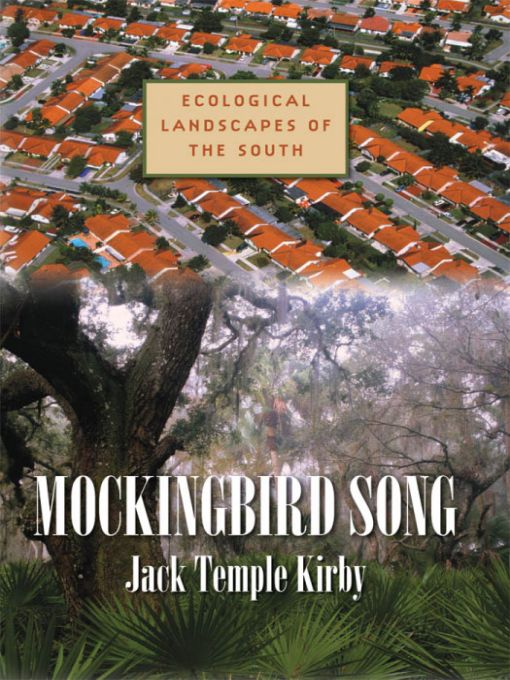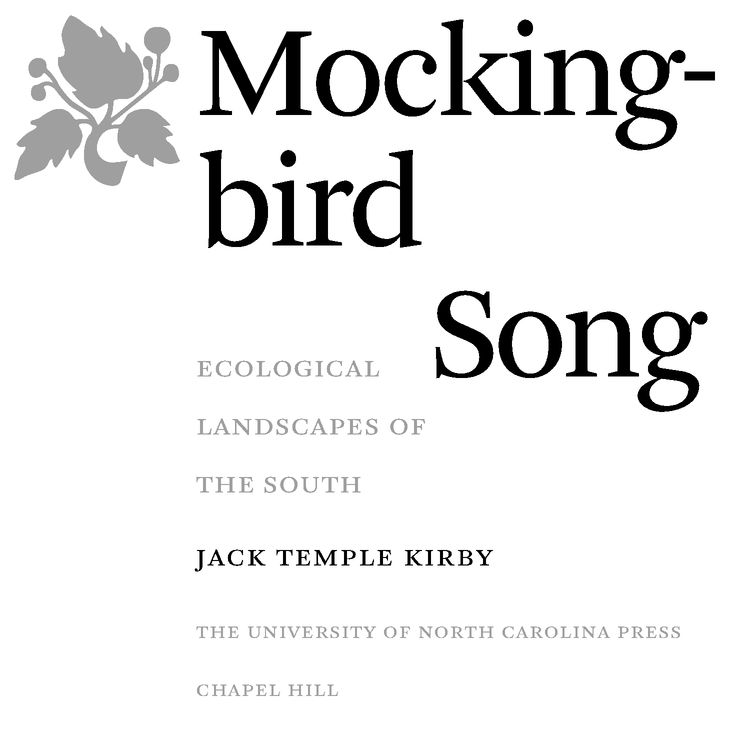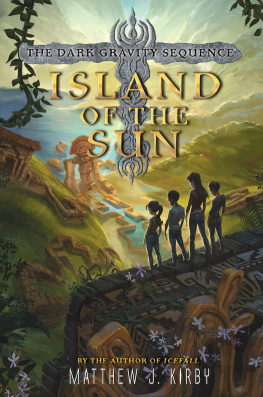
Table of Contents

FOR CONSTANCE
PREFACE
Back in the halcyon days of comparative history centered on the American South, C. Vann Woodward brilliantly addressed opportunities (and deep problems) presented by the works of the Brazilian scholar Gilberto Freyre, who had been educated at Baylor and Columbia and who cherished the plantation patriarchies of his own Old North and of our Old South. Woodward generously supported analytical studies of plantation societies around the globe but rightly suggested cautionary perspective. The culture contrast, he wrote, suggests setting a flock of gray and white mockingbirds down in a tropical jungle filled with gaudy parakeets. New Englanders, he averred, may have found life along the James, the S[u]wannee, or the Lower Mississippi... lushly exotic and outlandishly bizarre. But set side-by-side with life along the Amazon, the colors of antebellum society in the Old South fade to temperate-zone grays and russets and muted saffrons that went well enough with magnolias or Spanish moss, but were not quite the thing for promenades under palm and breadfruit.
Conceded. Yet confined to our own continent, we may still legitimately think about, say, New Orleans (pre-Katrina) versus, say, Bath, Maine. Both are lovely riverside cities, Bath much the cleaner but with few promenades (of which the French Quarter and Garden District have many) and scarce mockingbird sighting. Woodwards juxtaposition of tropical gaudy parakeets with mockingbirds as avian symbol of the South was simultaneously appropriate and wrong. Appropriate because of traditional, popular-cultural allusions that include the nineteenth-century song Listen to the Mockingbird (reportedly a favorite of Abraham Lincoln, who also liked Dixie) and innumerable associations of the birds with (as Woodward wrote) magnolias and Spanish moss, in print and film. The mockingbird is also the official avian of five southern states: Texas, Arkansas, Mississippi, Tennessee, and Florida. Yet this creature, a resident, nonmigrating animal, is found over most of the contiguous United States except the Pacific Northwest, northern Idaho, and western Montanaalthough, it is true, mockingbird counts are always highest in the South and Southwest.
Gray is indeed the mockingbirds predominant color, particularly on the head and upper parts. Under parts are whitish, and the bird has a long black tail with white on the outer feathers, black legs, white wing bars, and yellow eyes. Males and females are similar in appearance and prefer urban, suburban, and scrub habitats, where they eat insects and fruit. Mockingbirds are small, too, adults usually measuring hardly ten inches from beak to tail-tip, and they are slimmer than robins. Nonetheless they are aggressive; the males are particularly bellicose at challenging rivals for mates, and males and females alike ferociously defend feeding territory. In pairs and bands of four or more, mockingbirds have long been observed mobbing intruders, including other avians, snakes, cats, dogs, and humans. J. J. Audubon famously painted mockingbirds furiously defending a nest against rattlesnakes. That rattlesnakes do not climb troubled Audubon not at all, for he was a showman as well as a naturalist and painter. The non-viper rat snake, skillful climber and devourer of birds as well as rodents, would have been the truer subject, albeit less dramatic.
It is the mockingbirds voiceor better, voicesthat makes it something much more than gray, something far more colorful, and more interesting, than squawking parakeets. Mimus polyglottos, the birds perfect taxonomic designation, mimics other birdsthus the common name given by the eighteenth-century naturalist Mark Catesby. Mockingbirds will mock parakeets squawks but also warblers warbles, kingfishers rattles, and the sounds of at least three dozen other birds. Some ornithologists and bird-watchers declare that mockers compose songs as well as imitate others, and that they never cease learning new expressions. An old mockingbird always has the largest repertoire. Mockingbirds can sing low, whisperingly, and raucously loud. They also perform what should be called sound effects rather than songfor example, dogs barking, chickens cackling, frogs croaking, and wheelbarrows wheels groaning. Males, particularly unattached ones during the spring, sing day and night. All will emote on perches, from nests, in flight, endlessly. To human auditors, this can be charming or annoying.
In Harper Lees beloved To Kill a Mockingbird (1960), kindly elders advise sweet children that it would be sinful to rub out such a creature. Why? Because mockingbirds expend their remarkable, perhaps exhausting talents for our pleasure. I think not. First, mockingbirdsespecially males in the spring, particularly at nightare not pleasurable at all, but rather the opposite. But even when they are a delight to hearpaired, in the fall, happily gathering food, or tuneful and/or in the whispering modeour pleasure makes no difference to them. (Lees elders were raising yet more homocentric naturalists.) While neither an ornithologist nor a consistent, learned birder, I do observe that of all the songbirds in this continents temperate and subtropical regions, the mockingbird may be least responsive to, most indifferent to, us upright mammals.
For example: male cardinals, especially unmated yearlings, sing out their locations, challenges, and yearnings, the call ending with two or three monotonal whistles. They hardly ever fail to respond to a human mocker whose ending whistles exceed the cardinals most recent call by one. The cardinal will go one more, and so on. I have played this game with those scarlet birds (who are no dumber than I) up to thirteen or so before conceding defeat. More charming, though, is the responsive white-throated sparrow, which summers in Canada, migrating back and forth from far south. It is a tiny creature, six inches long, and elusive, preferring thick brushy places and forests, and I have seldom seen one. But its call is sublimely sad, reedy and dulcet, by far exceeding my own attempts at admiring duplication. Yet the white-throats generously correct my pathetic imitation of their haunting message: Sweet sweet, Canada Canada Canada, they sing; or, as a Canadian ornithologist once translated: O-oh my! Can-a-da, can-a-da, can-a-da. The latter version is what I think I hear, and how enchanting it is to know the sparrow communicates with menot another avian.
Never so with the mockingbird, whose hyperkinetic days are engrossed with itself and its own kind. Its imitations of others mock, I must think, rather than flatter (as imitation reputedly does, sincerely). The generalization was demonstrated to me yet again as I was considering a title and composing this preface. While sitting on my balcony one fine fall afternoon, I watched a mockingbird alight upon the railing hardly five feet from my Panama-hatted, newspaper-reading self. Stepping in place and stretching, looking about, it took no notice of my large presence so close by. So I tried to gain its attention with little whistles, my version of mockingbirds whispering, then shriller calls. No response at all. Except that shortly the bird deposited one fecal pellet upon my railing, then flew away. Stillhowever annoying, sometimes maddening, and occasionally endearingmockingbirds remind us that we of the large brains are not alone the dominators of earths attention, nor the centers of all universes, either. This seems information most useful when thinking about ecological, or environmental, history. Mockingbirds live mostly among and near human-built landscapes, relishing the creators and our own fruity bounty and surviving (somehow) our chemical dependencies. Yet if one thing about them is utterly understandable, it is that mockingbirds are not
Next page













